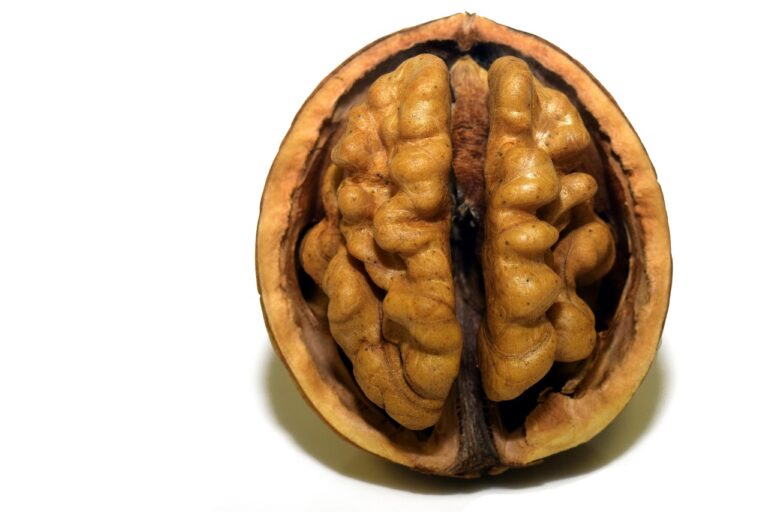Understanding the Connection Between Diet and Gut Health Disorders: 11xplay reddy login password, 24 betting login india sign up, Skyinplay.com login
11xplay reddy login password, 24 betting login india sign up, skyinplay.com login: Understanding the Connection Between Diet and Gut Health Disorders
Have you ever experienced digestive issues like bloating, gas, or stomach cramps? Or perhaps you suffer from more serious gut health disorders like irritable bowel syndrome (IBS) or Crohn’s disease. Whatever the case may be, it’s important to understand the connection between what you eat and the health of your gut.
In recent years, there has been a growing body of research that highlights the significant impact of diet on gut health. The foods we eat play a crucial role in maintaining the balance of bacteria in our gut, known as the gut microbiome. When this balance is disrupted, it can lead to a variety of gut health disorders.
So, how exactly does diet influence gut health disorders? And what can you do to improve your gut health through your diet? Let’s dive deeper into the connection between diet and gut health disorders.
The Gut Microbiome: Your Body’s Microbial Ecosystem
Before we talk about the connection between diet and gut health disorders, let’s first understand the gut microbiome. The gut microbiome is a complex ecosystem of trillions of bacteria, fungi, and other microorganisms that live in your digestive tract.
These microorganisms play a vital role in various aspects of your health, including digestion, immune function, and even mental health. When the balance of these microbes is disturbed, it can lead to gut health disorders like IBS, inflammatory bowel disease (IBD), and leaky gut syndrome.
The foods you eat can either help maintain the balance of your gut microbiome or disrupt it. Highly processed foods, sugary snacks, and artificial additives can promote the growth of harmful bacteria in the gut, leading to inflammation and other gut health issues. On the other hand, a diet rich in fiber, fruits, vegetables, and fermented foods can promote the growth of beneficial bacteria and support a healthy gut microbiome.
Fiber: The Gut Health Superfood
One of the key components of a gut-healthy diet is fiber. Fiber is a type of carbohydrate that the body can’t digest, but it plays a crucial role in keeping your digestive system running smoothly. Fiber helps to regulate bowel movements, prevent constipation, and promote the growth of beneficial bacteria in the gut.
Fruits, vegetables, whole grains, nuts, and seeds are all excellent sources of fiber. By including a variety of these foods in your diet, you can support a healthy gut microbiome and reduce your risk of gut health disorders.
Probiotics and Fermented Foods
In addition to fiber, probiotics and fermented foods are also important for gut health. Probiotics are live bacteria that can help maintain the balance of the gut microbiome. You can find probiotics in foods like yogurt, kefir, sauerkraut, and kimchi.
Fermented foods, like pickles, kombucha, and miso, are also rich in beneficial bacteria that can support gut health. Including these foods in your diet can help replenish the good bacteria in your gut and improve digestion.
Avoiding Trigger Foods
On the flip side, there are certain foods that can trigger gut health disorders and should be limited or avoided altogether. Some common trigger foods include:
– Highly processed foods
– Sugary snacks and desserts
– Artificial sweeteners
– Dairy products (for those who are lactose intolerant)
– Gluten-containing grains (for those with celiac disease or gluten sensitivity)
By paying attention to how your body reacts to certain foods and making adjustments to your diet accordingly, you can help alleviate symptoms of gut health disorders and promote overall gut health.
FAQs:
Q: Can gut health disorders be cured through diet alone?
A: While diet can play a significant role in managing gut health disorders, it’s important to work with a healthcare professional to develop a comprehensive treatment plan.
Q: How long does it take to improve gut health through diet?
A: The timeline for improving gut health through diet can vary depending on the individual and the severity of the gut health disorder. Consistency is key, so stick to a gut-healthy diet for the long term to see lasting benefits.
Q: Are there any supplements that can help improve gut health?
A: Probiotic supplements can be beneficial for some individuals, especially those with gut health disorders. However, it’s best to consult with a healthcare provider before starting any new supplements.
In conclusion, the connection between diet and gut health disorders is clear. By incorporating gut-healthy foods like fiber, probiotics, and fermented foods into your diet, and avoiding trigger foods that can exacerbate gut health issues, you can support a healthy gut microbiome and alleviate symptoms of gut health disorders. Remember, what you eat plays a crucial role in the health of your gut, so choose wisely and nourish your body from the inside out.







